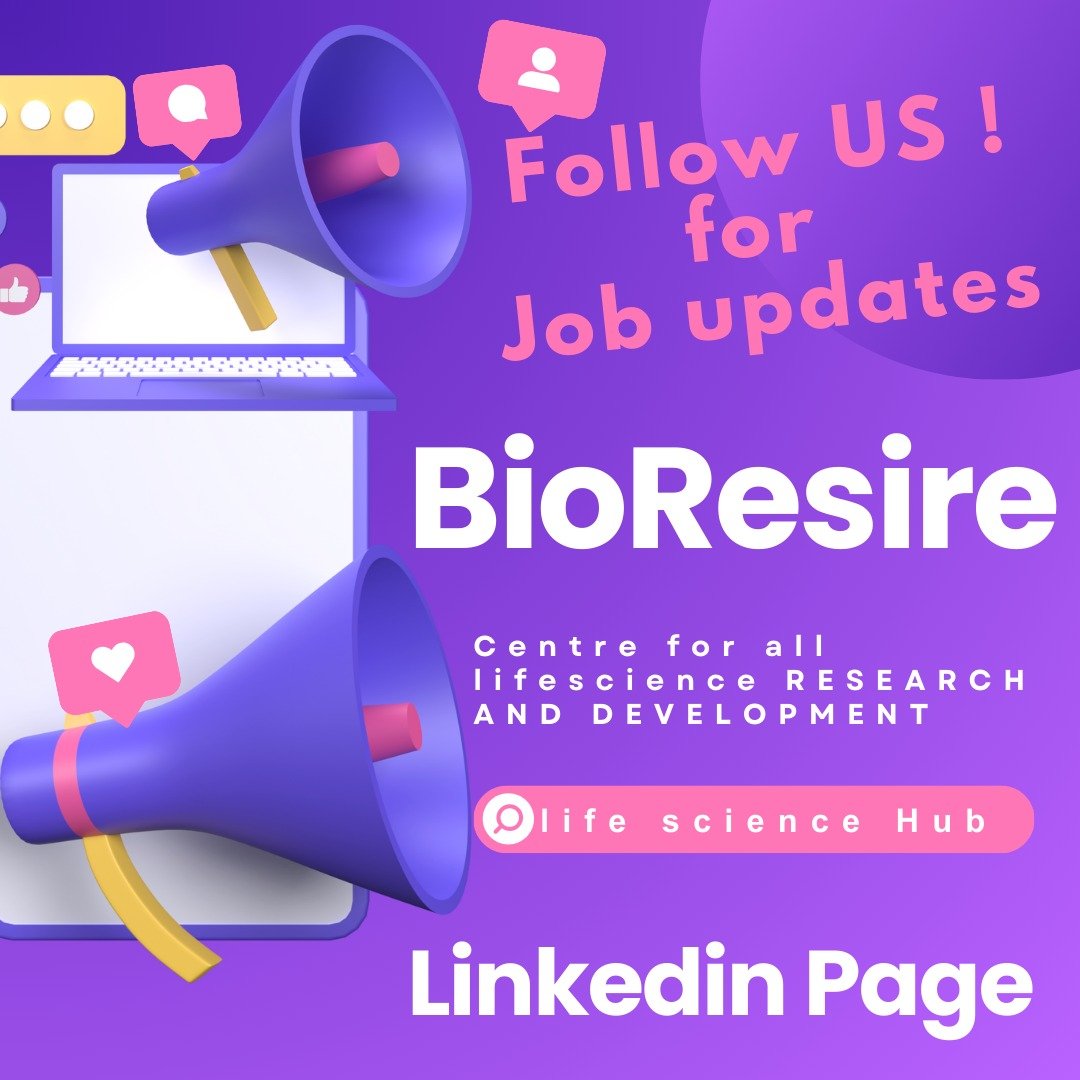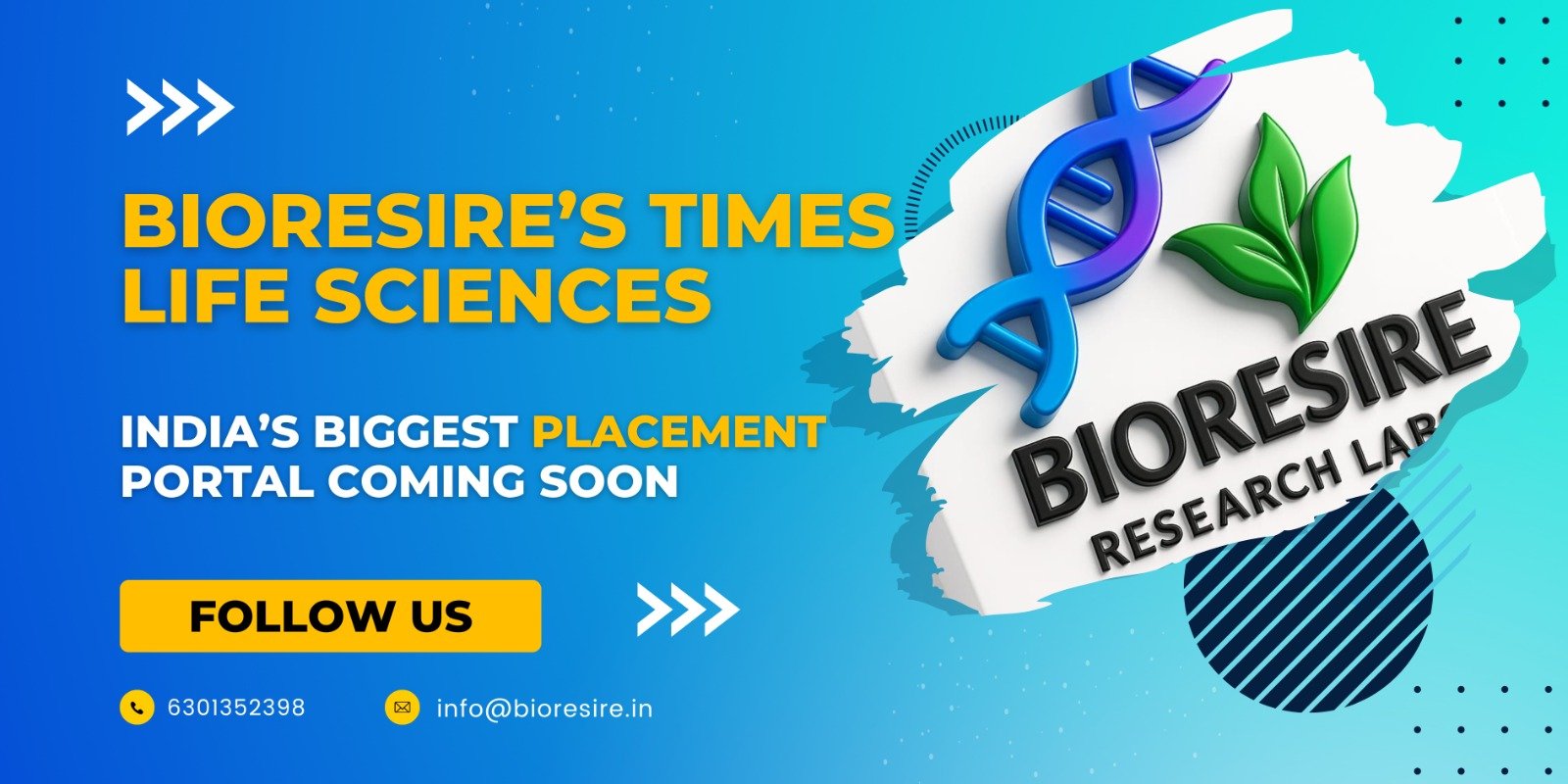BioResire is proud to collaborate with some of the brightest minds in life sciences who bring cutting-edge knowledge and experience to shape the future of biotechnology education. Among them is Revanth Dasari, the Founder and CEO of BioResire, and a distinguished bioinformatician and genomics expert who plays a pivotal role in mentoring students and guiding research projects at the platform.
Interview with Revanth Dasari, Founder & CEO of BioResire and Bioinformatics Specialist
Q: Can you share your perspective on the current state and future trends of bioinformatics and biotechnology?

Revanth Dasari: Bioinformatics and biotechnology are undergoing revolutionary changes fueled by innovations in genomics, next-generation sequencing (NGS), and artificial intelligence. The future is promising with multi-disciplinary approaches integrating machine learning and big data analytics to solve complex biological questions. These technologies will drive personalized medicine, accelerate drug discovery, and improve disease diagnostics. Bioinformatics will become indispensable in biological research, medical science, and industrial applications.
Q: How does BioResire prepare students for these evolving demands in life sciences?
At BioResire, we focus on delivering industry-relevant, hands-on training that bridges the gap between academic concepts and practical skills. We provide students access to real datasets, cutting-edge tools like AutoDock and GROMACS, and workshops on genomics, bioinformatics, and AI applications in biotech. Our mentorship-driven approach ensures students develop analytical thinking, problem-solving skills, and familiarity with technologies that employers expect. This prepares them to lead innovation in academia and industry.
Q: What role will AI and machine learning play in life sciences education and research?
AI and machine learning are dramatically transforming the landscape by enabling analysis of vast biological datasets quickly and accurately. At BioResire, integrating AI into training programs helps students understand how to apply these technologies in drug discovery, genomics, and systems biology. Familiarity with AI-driven bioinformatics tools will be essential for life scientists to remain competitive and drive future breakthroughs.
Q: How do collaborations with biotech startups and research institutes enhance BioResire’s training programs?

Our collaborations provide students with opportunities to work on live industry projects, gaining real-world experience in biotech research and development. These partnerships foster a collaborative environment where students solve practical problems and network with professionals. This synergy between academia and industry ensures our students gain insights that are highly valued in the job market and research institutions.
Q: What advice would you give to aspiring life scientists leveraging platforms like BioResire?
Stay curious and proactive in learning. The life sciences field is rapidly evolving, and continuous upskilling is vital. Embrace both theoretical knowledge and hands-on experience equally. Engage fully in internships and projects, seek mentorship, and cultivate computational skills alongside biological expertise. Building a strong foundation with adaptability and passion will open doors to impactful careers in science and biotechnology.
Why Choose BioResire?
- Expert-led training programs in genomics, molecular biology, bioinformatics, and AI in biotechnology.
- Hands-on internships and research projects with real biological data.
- Mentorship directly from Revanth Dasari and other specialists with rich industry and academic experience.
- Verified certification system with unique QR codes for credibility.
- Access to a global learning community spanning over 120 countries.
- Flexible online and offline learning models to suit diverse student needs.


